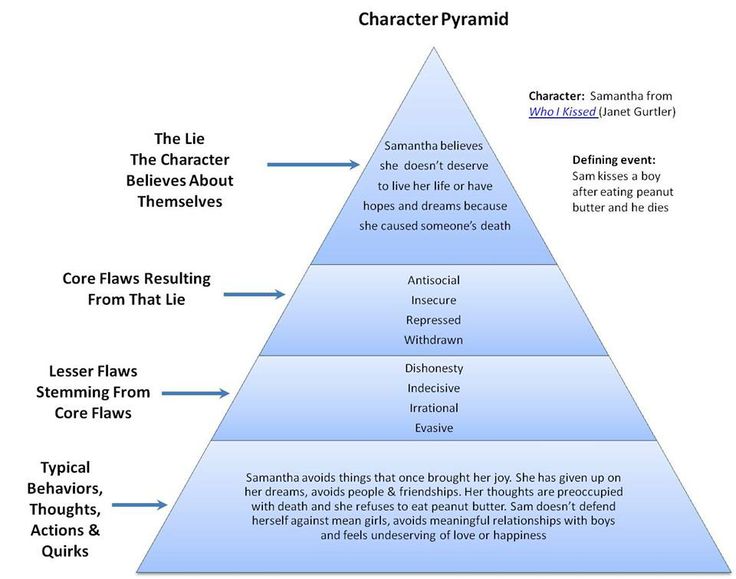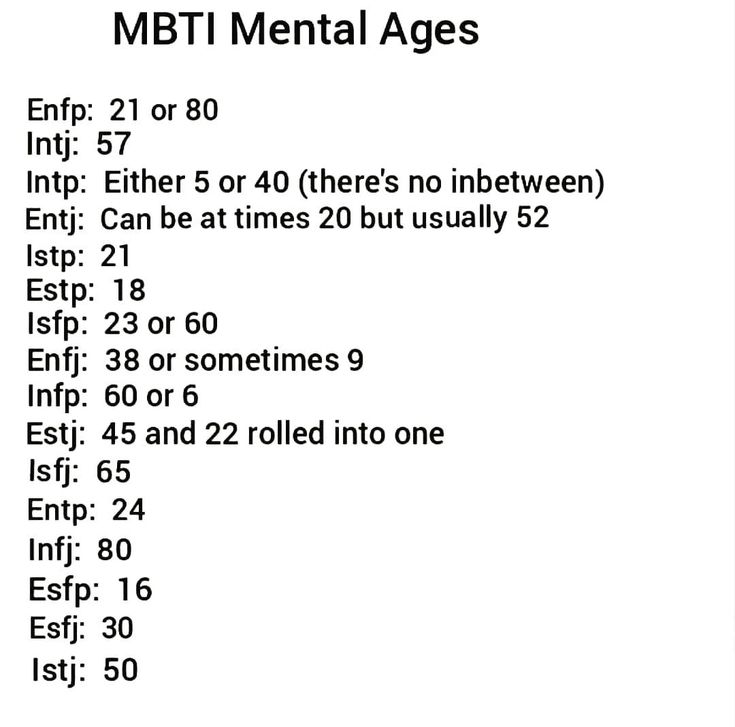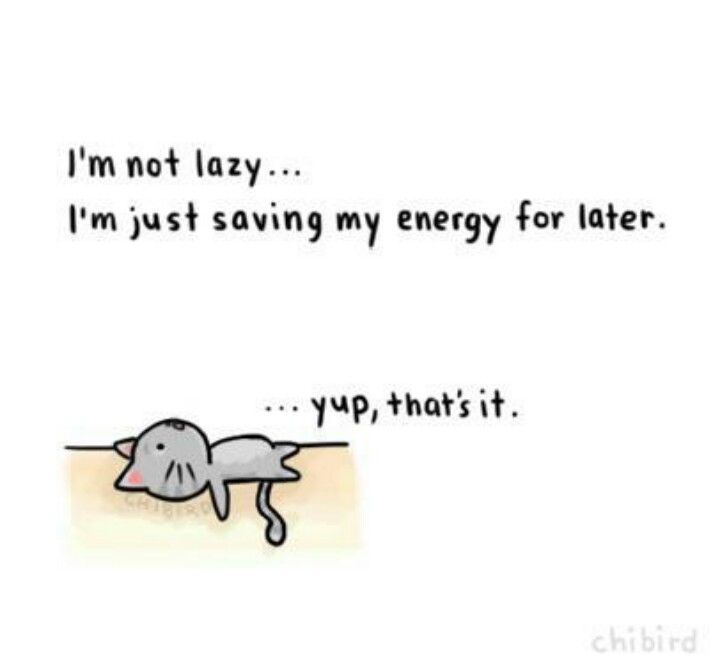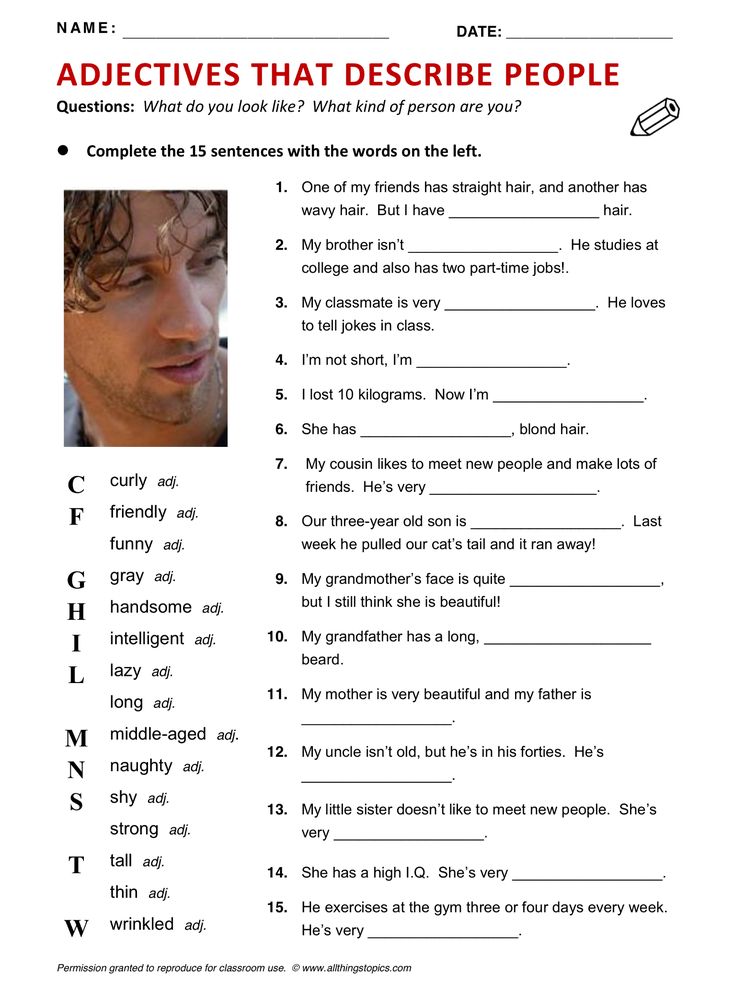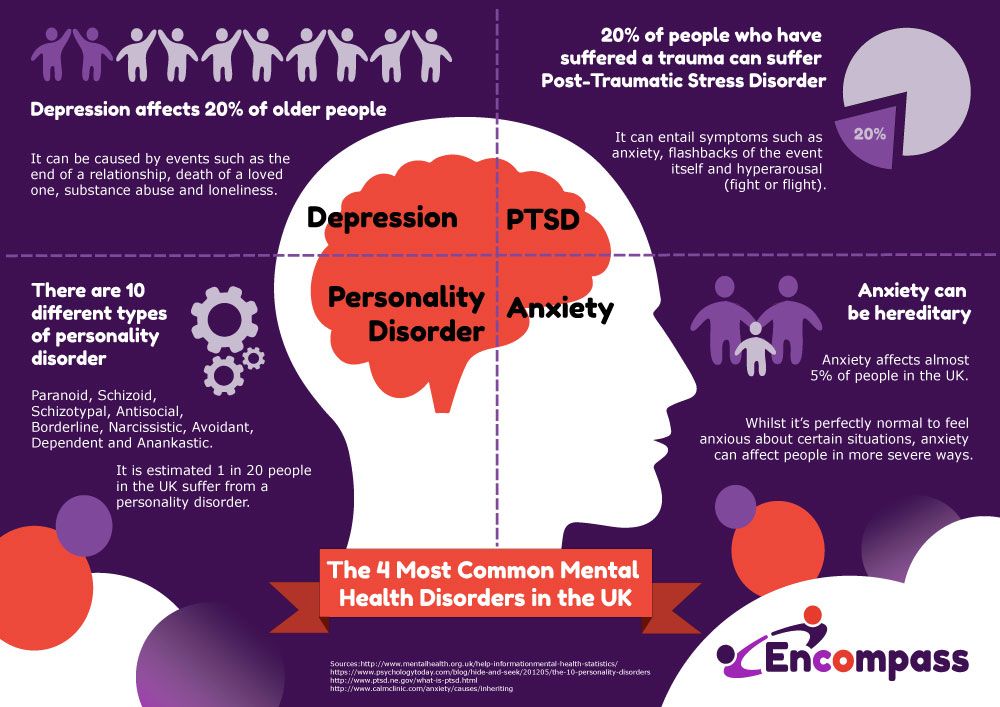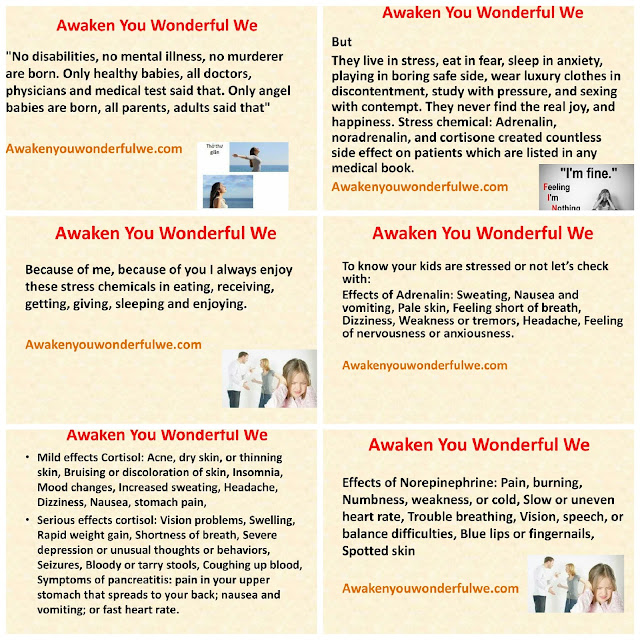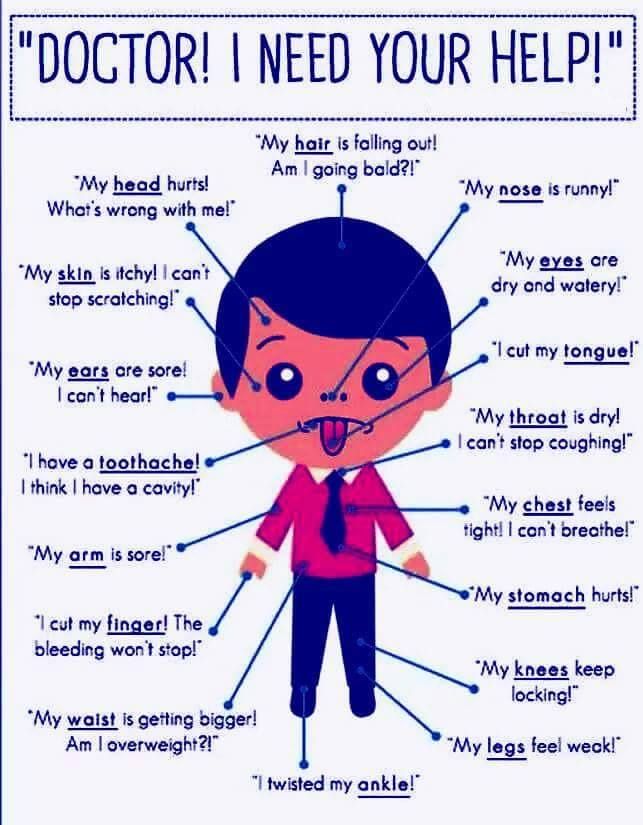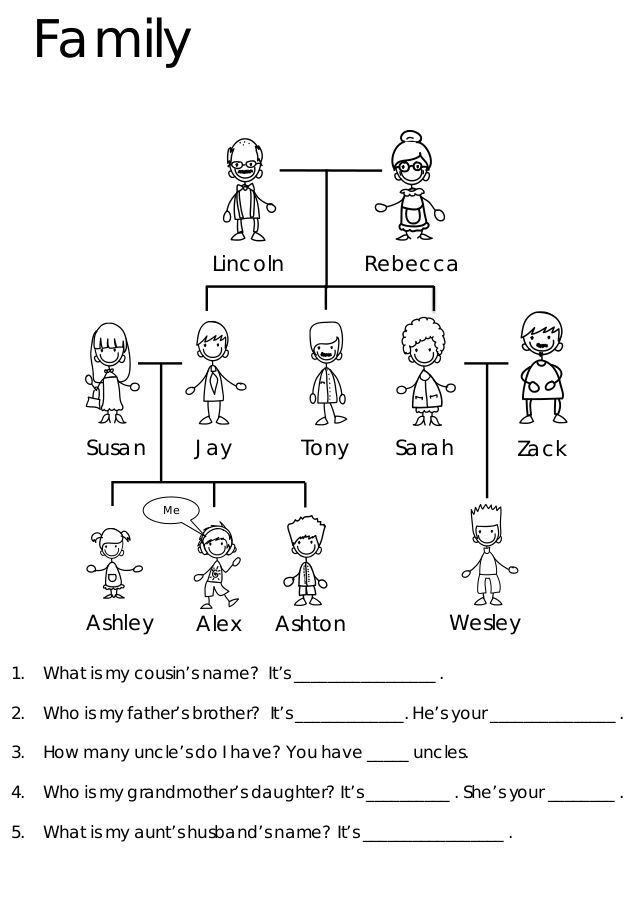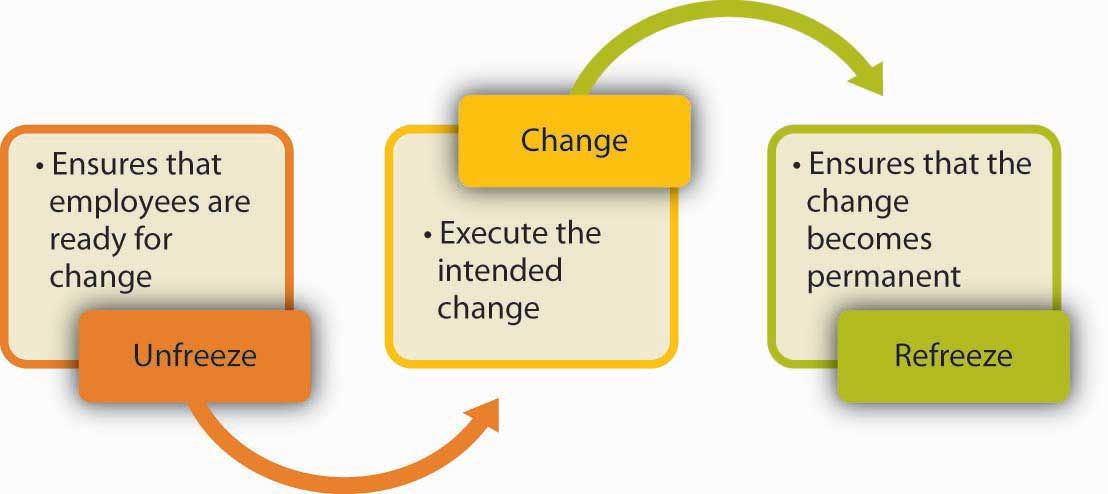What are irrational beliefs
Irrational Beliefs | Counseling Center
Handling Irrational Beliefs from Tools for Personal Growth (1999-2010), by James J. Messina, Ph.D.
I. What are irrational beliefs?Irrational beliefs are:
- Messages about life we send to ourselves that keep us from growing emotionally.
- Scripts we have in our head about how we believe life “should” be for us and for others.
- Negative sets of habitual responses we hold to when faced with stressful events or situations, that no longer work to keep distress at bay.
- Ideas, feelings, beliefs, ways of thinking, attitudes, opinions, biases, prejudices, or values with which we were raised. We have become accustomed to using them when faced with problems in our current life, even when they are not productive in helping us reach a positive, growth-enhancing solution.
- Negative or pessimistic ways of looking at necessary life experiences such as loss, conflict, risk taking, rejection, or accepting change.
- Overly optimistic or idealistic ways of looking at necessary life experiences such as loss, conflict, risk taking, rejection, or accepting change (toxic positivity).
- Ways of thinking about ourselves that are out of context with the real facts, resulting in our either under-valuing or over-valuing ourselves.
- Lifelong messages sent to us either formally or informally by: society, culture, community, race, ethnic reference group, neighborhood, church, social networks, family, relatives, peer group, school, work, or parents. Microaggressions/macroaggressions like this can cause us to feel badly about ourselves, and develop ways of thinking that are not useful and are even harmful.
- Conclusions about life that we have developed over time, living with irrational beliefs passed down to us by important others (e.g., irrational beliefs about perfection in academics, irrational beliefs about mental health, irrational and overly negative beliefs about self passed down by family members).
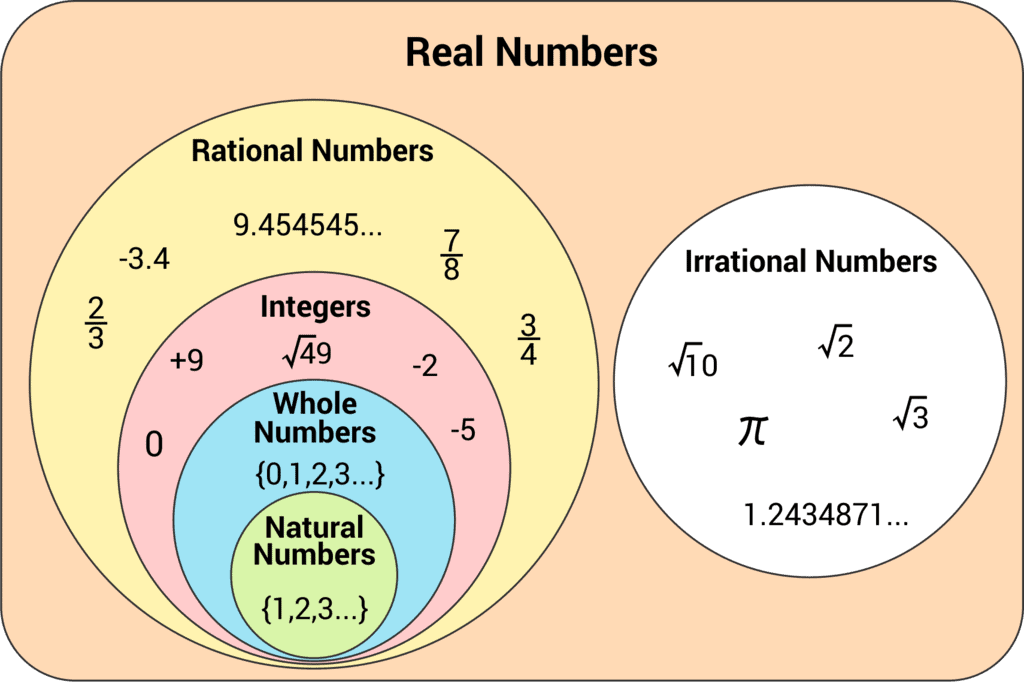
- Standards by which we were reared and from which we learned how to act, what to believe, and how to express or experience feelings. When followed, however, these standards do not result in a satisfactory resolution of our current problems.
- Outmoded, unproductive, unrealistic expectations exacted on ourselves and/or others, guaranteed to be unattainable and to result in continuing negative self-concepts.
About Yourself:
- I do not deserve positive attention from others.
- I should never burden others with my problems or fears.
- I am trash.
- I am uncreative, nonproductive, ineffective, and untalented.
- I am worthless.
- I am the worst example on earth of a person.
- I am powerless to solve my problems.
- I have so many problems, I might as well give up right now.
- I am so dumb about things, I can never solve anything as complex as this.

- I am the ugliest, most unattractive, unappealing, fat slob in the world.
Irrational beliefs (negative) about others:
- No one cares about anyone else.
- All men (or women) are dishonest and are never to be trusted.
- Successful relationships are impossible; you have no control over how they turn out.
- People are out to get whatever they can from you; you always end up being used.
- People are so opinionated; they are never willing to listen to other’s points of view.
- You are bound to get hurt in a relationship; it makes no difference how you try to change it.
- There is a loser in every fight, so avoid fights at all costs.
- All people are out for #1; you need to know you’ll always be #2, no matter what.
- It’s not who you are but what you do that makes you attractive to another person.
- What counts in life is others’ opinions of you.
- There is a need to be on guard in dealing with others to insure that you don’t get hurt.
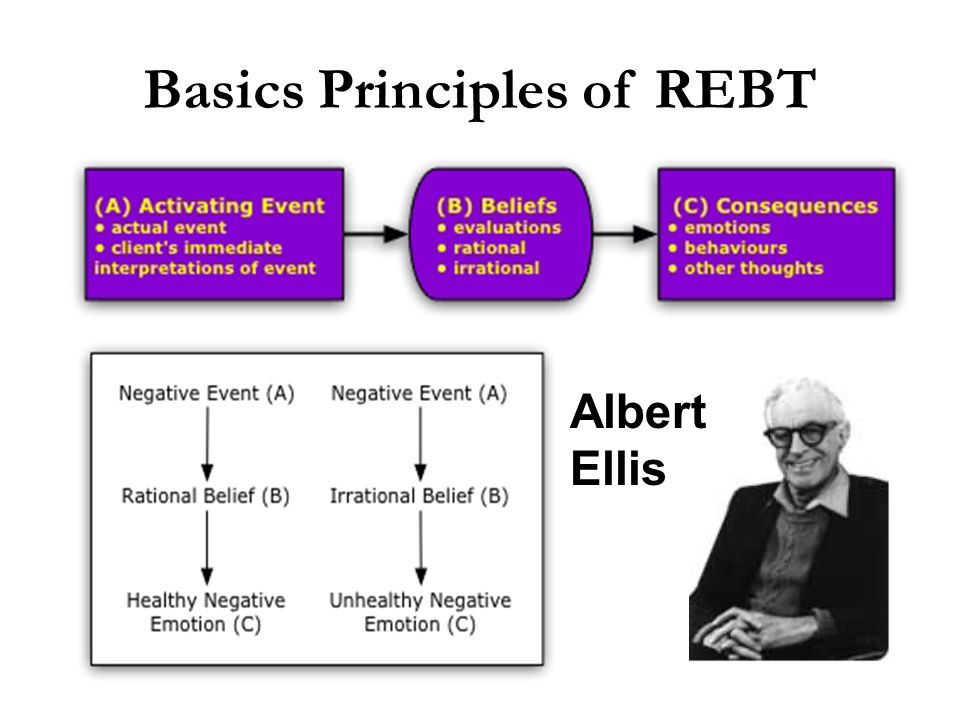
Irrational beliefs on other topics:
- There is only one way of doing things.
- A family that plays (prays) together always stays together.
- There are always two choices: right or wrong; black or white; win or lose; pass or fail; grow or stagnate.
- Once you are married and have children, you are finally a “normal human.”
- A disabled person is imperfect, to be pitied, and to be dropped along the path of life.
- Admitting to a mistake or to failure is a sign of weakness.
- The showing of any kind of emotion is wrong, a sign of weakness, and not allowable.
- Asking for help from someone else is a way of admitting your weakness; it denies the reality that only you can solve your problems.
How can we recognize irrational beliefs?
Irrational beliefs can be present if we:
- Find a continuing series of events where every move we make to resolve a problem results in more or greater problems.
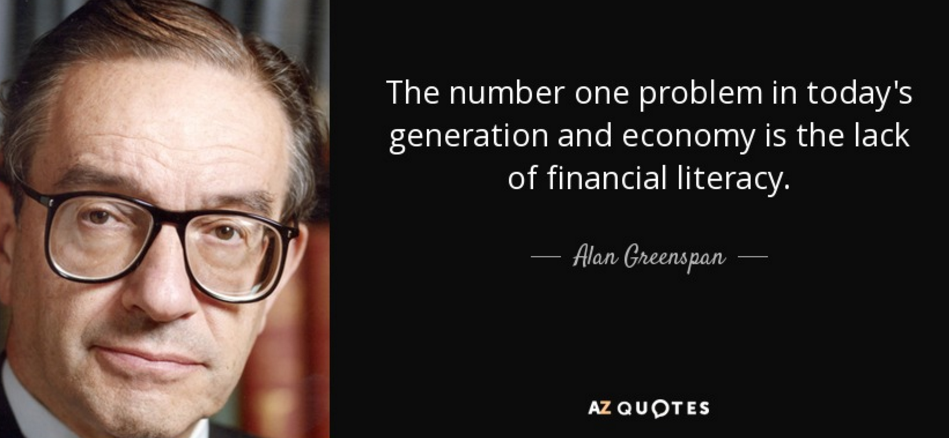
- Have been suffering silently (or not so silently) with a problem for a long time, yet have not taken steps to get help to address the problem.
- Have decided on a creative problem solving solution, yet find ourselves incapable of implementing the solution.
- Have chosen a problem solving course of action to pursue and find that we are unhappy with this course of action; yet we choose to avoid looking for alternatives.
- Are afraid of pursuing a certain course of action because of the guilt we will feel if we do it.
- Find we are constantly obsessed with a problem yet take no steps to resolve it.
- Find we are immobilized in the face of our problems.
- Find that the only way to deal with problems is to avoid them, deny them, procrastinate about them, ignore them, run away from them, turn our back on them.
- Find that we can argue both sides of our problem, becoming unable to make a decision.
What are the benefits of refuting our irrational beliefs?
By refuting our irrational beliefs we are able to:
- Unblock our emotions and feelings about ourselves and our problems.
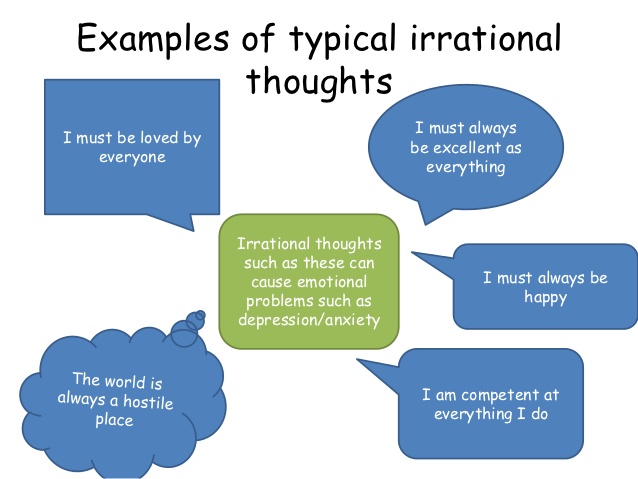
- Become productive, realistic problem solvers.
- Gain greater credibility with ourselves and others.
- Change the way our brain works by introducing new neural pathways as problems are solved and new possibilities are explored. Brain change during this process has been shown again and again.
- Put our problem into a realistic perspective as to its importance, magnitude, and probability of being solved.
- Separate our feelings from the content of the problem.
- Live richer, more authentic lives.
- View our lives in a healthier perspective, with greater meaning and direction.
- Gain our sense of humor in the presence of our problems and in their resolution.
- Recognize our self-worth and self-goodness and separate it from the errors and mistakes we have made in our lives.
- Forgive ourselves and others for mistakes made.
- Give ourselves and others kindness, tenderness, and understanding during times of great stress.
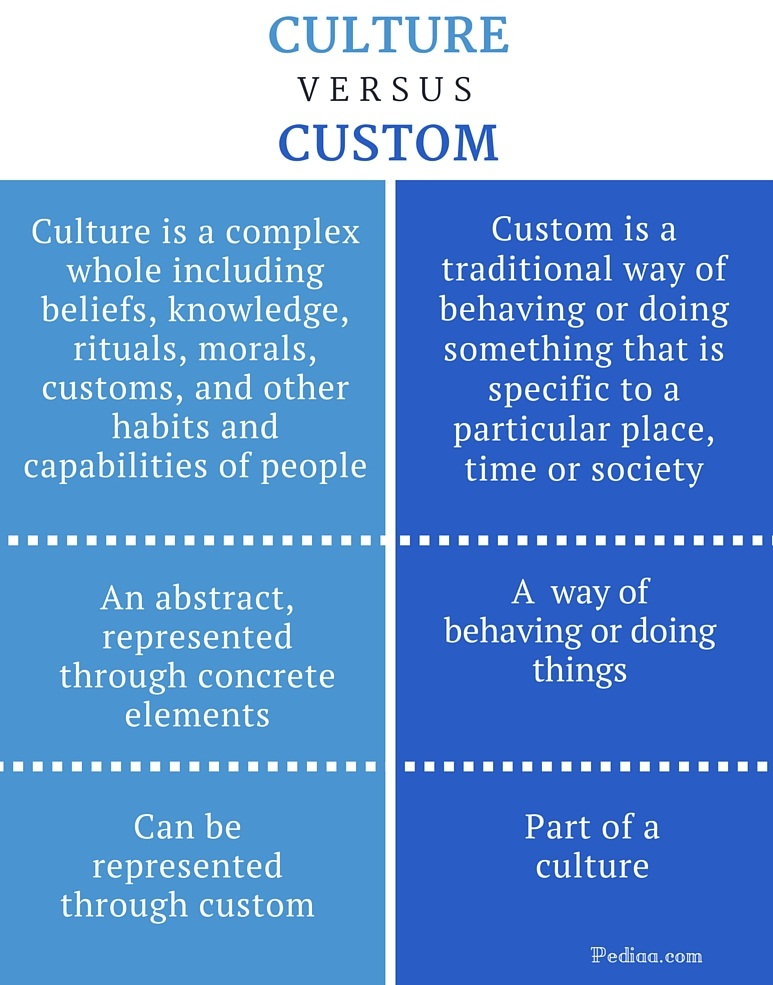
Step 1: Is your thinking and problem solving ability being blocked by an irrational belief?
Consider a specific problem as you answer the following questions:
- Am I going in circles in trying to solve this problem?
- Is there something inside of me that is preventing or keeping me from taking the necessary actions in this matter?
- Am I bothered by the thoughts of what I or others “should do, act like, think, or feel’’ in this situation?
- Do I find myself saying how this situation “should be,” having a hard time facing it the way it really is?
- Do I use fantasy or magical thinking in looking at this problem? Am I always hoping that by some miracle it will go away?
- Am I burdened by the fear of what others think of me as I work on this problem?
- Do I know what the solution is, but become paralyzed in its implementation?
- Do I find myself using a lot of “yes but’s’’ in discussing this problem?
- Do I find it easier to procrastinate, avoid, divert my attention, ignore, or run away from this problem?
- Is this problem causing much distress and discomfort for me and/or others, and yet I remain stumped in trying to resolve it?
Step 2: If you have answered yes to any or all of the questions in Step 1, you are probably facing a problem or situation in which a blocking irrational belief is clouding your thinking.
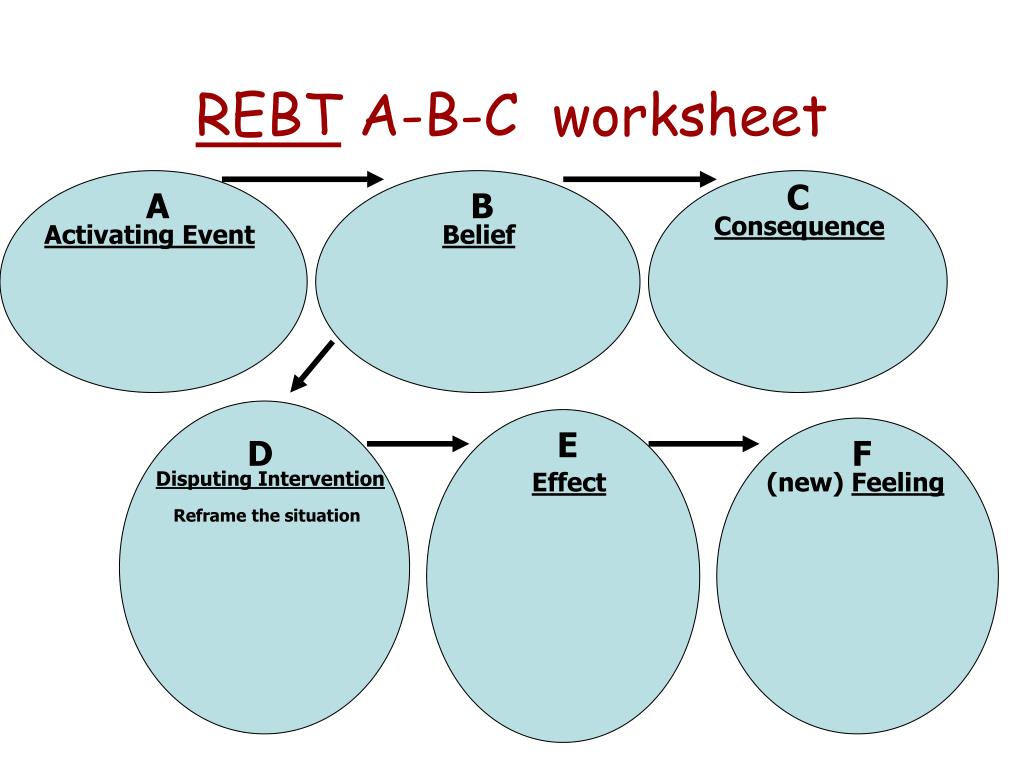
The next thing to do is to try to identify the blocking irrational belief. Answer the following questions in your journal:
- Is the blocking belief something I have believed in all my life?
- Is the blocking belief coming from the teachings of my parents, church, family, peers, work, society, culture, community, race, ethnic reference group, or social network?
- Is the blocking belief something that always recurs when I am trying to solve problems similar to this one?
- Is the blocking belief something that has helped me solve problems successfully in the past?
- Is the blocking belief one that tends to make me dishonest with myself about this problem?
- Is the blocking belief an immobilizing concept that sparks fear of guilt or fear of rejection in my mind as I face this problem?
- Is the blocking belief something that can be stated in a sentence or two?
- Is the blocking belief a consistent statement as I face this problem, or does it tend to change as variables of this problem become more clear to me?
- Is the blocking belief a tangible statement of belief or is it simply a feeling or intuition?
- Can I state the blocking belief? If so, write it in your journal: My blocking belief is:
Step 3: Once you have identified the blocking belief in Step 2, test its rationality.

Answer the following questions about the belief, yes or no.
- Is there any basis in reality to support this belief as always being true?
- Does this belief encourage personal growth, emotional maturity, independence of thinking and action, and stable mental health?
- Is this belief one which, if ascribed to, will help you overcome this or future problems in your life?
- Is this belief one which, if ascribed to, will result in behavior that is self defeating for you?
- Does this belief protect you and your rights as a person?
- Does this belief assist you in connecting honestly and openly with others so that healthy, growth engendering interpersonal relationships result?
- Does this belief assist you in being a creative, rational problem solver who is able to identify a series of alternatives from which you can choose your own personal priority solutions?
- Does this belief stifle your thinking and problem solving ability to the point of immobilization?
- When you tell others of this belief do they support you because that is the way everyone in your family, peer group, work, church, or community thinks?
- Is this belief an absolute? Is it a black or white, yes or no, win or lose, no options in the middle type of belief?
Healthy answers are: 1-no 2-yes 3-yes 4-no 5-yes 6-yes 7-yes 8-no 9-no 10-no
If you are unable to give healthy answers to one or more question in Step 2, then your blocking belief is most likely irrational.
Step 4: Once you have determined that the blocking belief is irrational, you are ready to refute this irrational belief.
Respond to the following questions in your journal:
- How do I consistently feel when I think of this belief?
- Is there anything in reality to support this belief as being true?
- What in reality supports the lack of absolute truth in this belief?
- Does the truth of this belief exist only in the way I talk, act, or feel about this problem?
- What is the worst thing that could happen to me if I do not hold on to this belief?
- What positive things might happen to me if I do not hold on to this belief?
- What would be an appropriate, realistic belief I could substitute for this irrational belief?
- How would I feel if I substituted this new belief for my blocking belief?
- How will I grow and how will my rights and the rights of others be protected by this substitute belief?
- What is keeping me from accepting this alternate belief?
Once you have answered these questions, substitute a rational belief and act on it.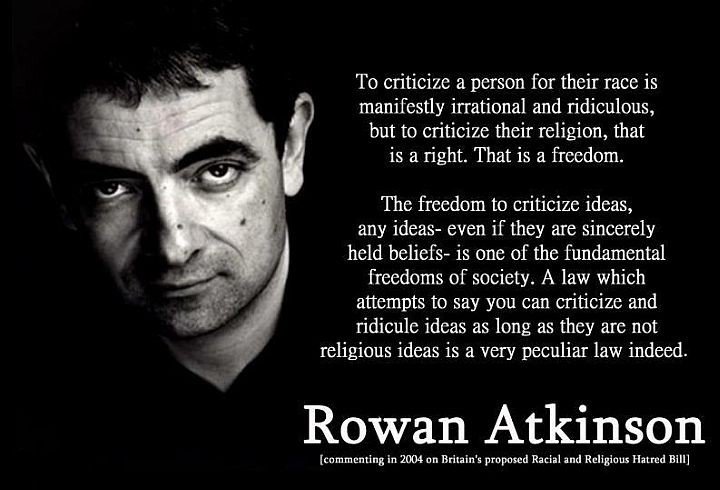
My substitute rational healthy belief is:
Step 5: If you still have trouble solving problems, return to Step 1 and begin again.
More importantly, if you are finding yourself struggling as you move through these steps, please come to the Counseling Center. Counseling Center staff are trained specifically to help with irrational beliefs, and provide support as you learn how to retrain your brain and move through this type of thinking.
The 3 Irrational Beliefs at the Root of All Suffering: Approval, Judgment and Comfort
We all think irrationally. Yes, even you!
It’s really easy to notice when someone else is thinking irrationally. What they say sounds illogical. It makes no sense! Even if you try to point out their error in thinking, they don’t get it. They seem locked into their point of view, like they’re blinded to the truth. It can be frustrating. But the truth is that the same thing happens to you.
We all hold wildly different beliefs—so much so that we question whether we have ANYTHING in common.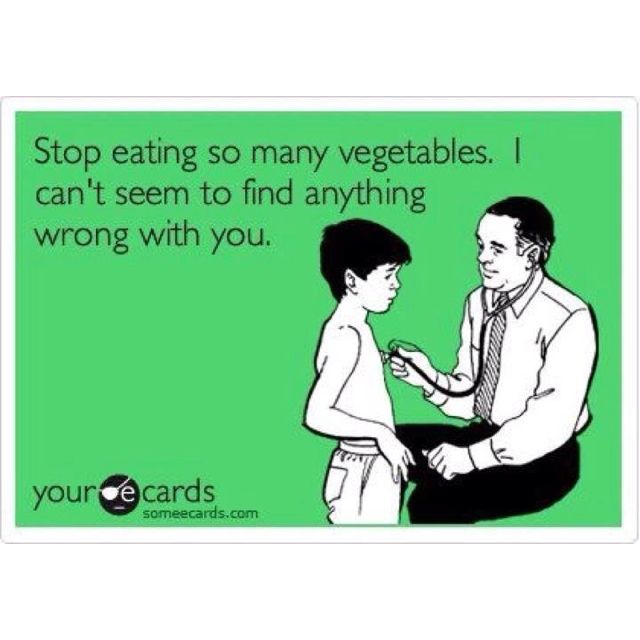 However, the truth is that we all have human minds, and at their core, all minds share the same ultimate dysfunction.
However, the truth is that we all have human minds, and at their core, all minds share the same ultimate dysfunction.
We all tend to suffer (psychologically) in the same ways and for the same reasons. We ALL share 3 core irrational beliefs that are at the root of our suffering.
- APPROVAL—I must be approved of by others to be worthy.
- JUDGMENT—Other people must meet my expectations in order to be worthy.
- COMFORT—Life must be easy, without discomfort or inconvenience.
These 3 beliefs pit “us” against “them”. They are responsible for the blame game, for entitlement and for nauseating approval seeking behavior.
This. Explains. EVERYTHING.
These beliefs are like internal RULES that we have for how we, others, and the world “should” behave. The problem is that these rules are TOTALLY BOGUS. Finding out that you are WRONG has never felt SO GOOD!
If you’re tired of emotional stress and suffering, it’s time to rip those no-good beliefs out by the root!
It’s time to stop “shoulding” on yourself and others!
By identifying which of these core irrational beliefs YOU tend to fall into the most, you can begin to become aware of the situations in which you apply these bogus rules.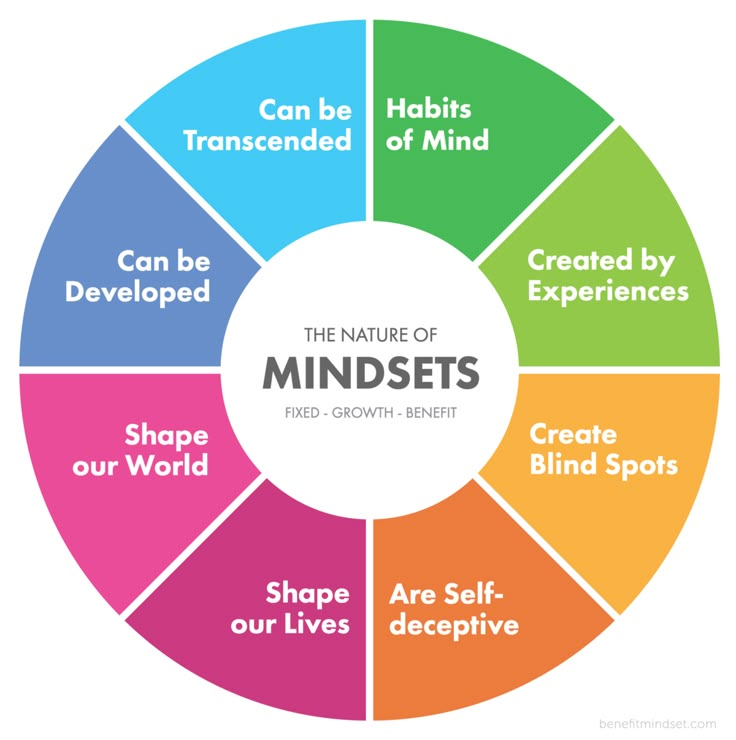 You can look out for these beliefs in the stories you tell about yourself, others, and how life “should” be. And, most importantly, you can stop yourself from thinking irrationally and causing yourself unnecessary suffering.
You can look out for these beliefs in the stories you tell about yourself, others, and how life “should” be. And, most importantly, you can stop yourself from thinking irrationally and causing yourself unnecessary suffering.
You’ll even be able to spot these beliefs in others! Once you know about them, you’ll see them EVERYWHERE, and the suffering and conflict that runs so rampant will make so much more sense.
Below you will find a description of the 3 beliefs, including the consequences you will continue to experience if you do not make the effort to release this irrational B.S. (ahem, belief system). A new, rational belief is also provided to help you transition to a new perspective.
Belief #1: APPROVAL—I must be approved of by others to be worthy.Need: acceptance, belonging
Fear: judgment, rejection
Demands: I expect myself to perform well and win approval from all significant others at all times, and if not I am a failure, unworthy, and deserve to suffer.
Symptoms:
• Places unrealistic expectations on oneself
• Over-concern with what other people think
• Achievement and popularity determine self-worth
• Self-critical, lack of self-acceptance
Emotional Consequences
• Depression, feeling not good enough, unable to express or embrace true self
• Anxiety, worry about what others think, being judged
• Low confidence, feeling bad about yourself, others disapproval means we are bad, can’t be yourself
Behavioral Consequences
• Risk-avoidance, for fear of being judged for failing or being different
• Shyness, for fear of being embarrassed
• Procrastination, for fear of failure, judgment, risk
• Unassertiveness, for fear of rejection or criticism
• Workaholism, in order to gain approval
REPLACE WITH THIS RATIONAL BELIEF:
I have value as a human being simply by being my authentic self, and I desire love only from those who appreciate me and recognize the good in me.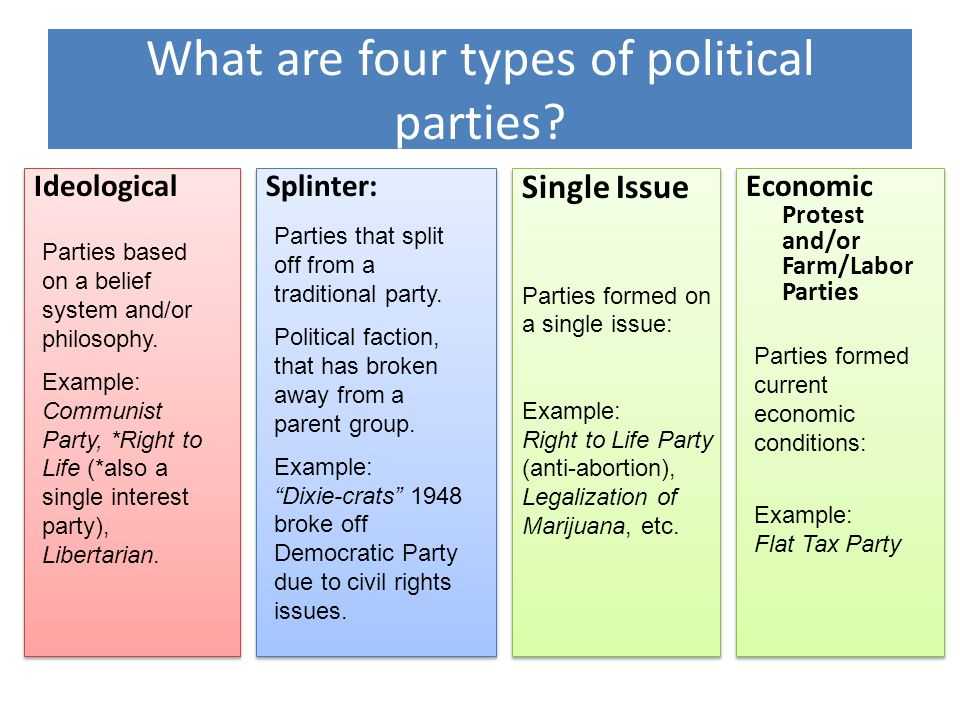
False Sub-Belief: I need love and approval from EVERYBODY.
• Consequence: Stifling of true self, lack of self-love and self-respect.
• Truth: Everyone has different tastes and preferences and it is impossible to be loved by everybody.
False Sub-Belief: I must be successful, intelligent and competent in all areas.
• Consequence: Preoccupation with proving adequacy, even it if means looking competent when you’re not.
• Truth: It is totally natural to be better at some things than others. It is okay to not be good at something.
False Sub-Belief: I must be dependent on other people because they are stronger than I am, and I can’t depend on myself.
• Consequence: Leads to unhealthy relationships that burden others and creates attachment based on need rather than genuine love.
• Truth: Many people are perfectly capable of doing things on their own but they continue to tell themselves they need others to help them because they are afraid to let go of control of the other person.
False Sub-Belief: My past has made me who I am and will continue to define my future.
• Consequence: Continuing to live patterns that do not serve you and failure to reach your potential due to unwillingness to take responsibility for your life.
• Truth: When you were younger, you did not understand what was happening, and therefore it impacted your behavior automatically. However, now you have the ability to think about your past and present differently and choose to act differently.
Need: importance, superiority
Fear: unfairness, disappointment
Demands: expect all significant others to treat me kindly and fairly, as well as act appropriately, and if they don’t, they are unworthy, rotten people who deserve to be punished
Symptoms:
• Unrealistic expectations on others, including expecting them to be infallible, perfect
• Assuming you are the sole authority on what is right and wrong
• Assuming you have authority over others
• Believing everyone else is responsible for catering to your needs
Emotional Consequences
• Anger, rage or fury when others intentionally or unintentionally treat you poorly or unfairly or don’t meet your expectations
• Impatience with others who make mistakes or aren’t perfect
• Bitterness against others for not meeting your needs
• Resentment toward others for being imperfect and especially for treating you unfairly or not meeting your needs
Behavioral Consequences
• Aggression and violence as a way of punishing others for being inappropriate or not meeting expectations
• Bigotry and intolerance of anyone who does not meet your definition of right and wrong
• Bullying others to enforce your belief of the way others should behave or be
• Nagging others to elicit the right action you expect and require
REPLACE WITH THIS RATIONAL BELIEF:
All people, including myself, are imperfect, have value to offer, and have a unique perspective of the world.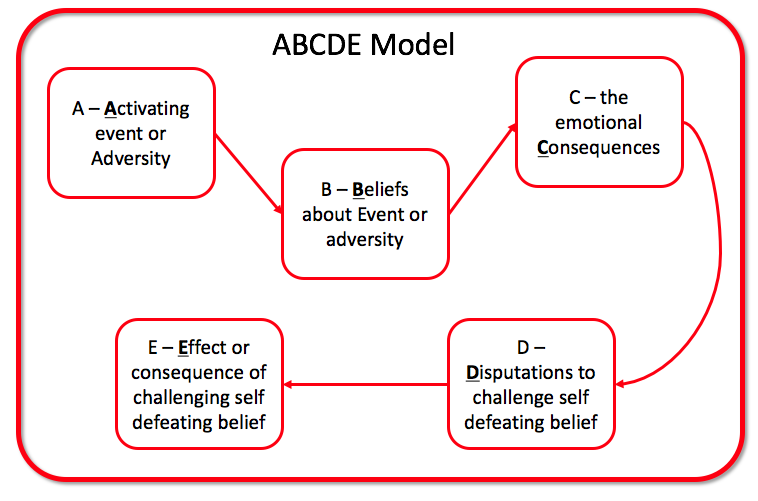
False Sub-Belief: I should be concerned and upset about other people’s problems.
• Consequence: Wasted energy while focused on other people’s problems rather than focusing on directing your own life.
• Truth: Other people’s problems almost never have anything to do with you. Getting upset because someone else is upset or has a problem does not help them feel better or fix their problem.
False Sub-Belief: Everyone should treat each other, and especially me, in a fair, considerate manner or they should be punished.
• Consequence: Harsh condemnation of and possible lashing out at anyone who does not treat you the way you want to be treated, which is your definition of fairness.
• Truth: Not everyone has the same definition of fairness or being considerate, and therefore they may act differently than you would expect. you do not hold authority over other people and it is not your role to punish people for their behavior.
False Sub-Belief: People must be competent and act wisely and if not they have no value and should be punished.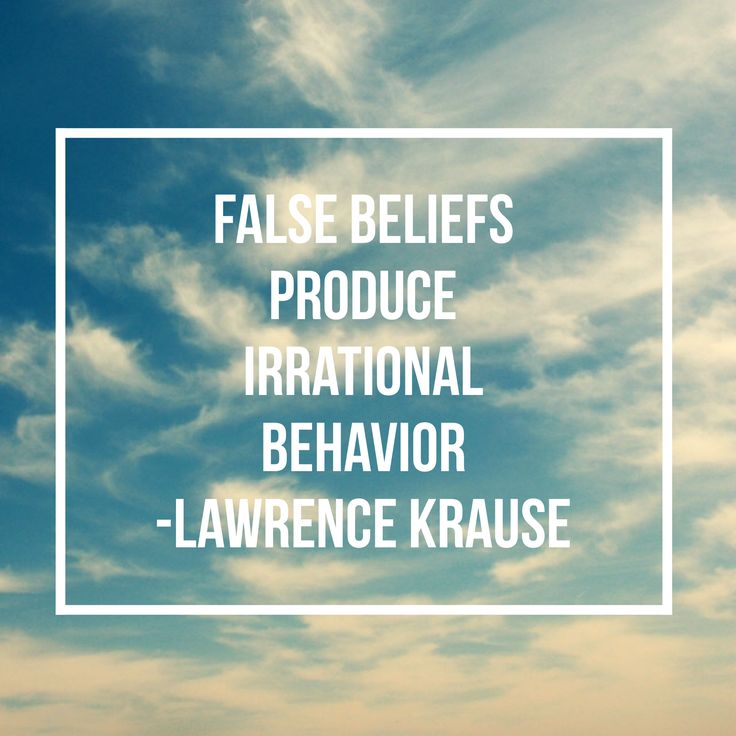
• Consequence: Shaming, criticizing, and rejecting others for mistakes, errors, or undeveloped abilities.
• Truth: This hyper-judgment of others is what causes the cultural perpetuation of approval seeking behavior. Even if a person has a low level of competence, they still have innate value and dignity as a human being and are worthy of respect. Also, they are capable of learning, growing and improving.
False Sub-Belief: When other people behave badly it means they are bad and should be punished.
• Consequence: When others make mistakes or do things you disapprove of, judging them as bad and punishing them: a) equates the behavior with the person and b) does not lead to any form of improvement or resolution.
• Truth: Human beings are not perfect and make mistakes. A person’s behavior in one moment does not define their character or worthiness. Everyone has a reason for why they act the way they do. Everyone has a different perspective of what is right and wrong.
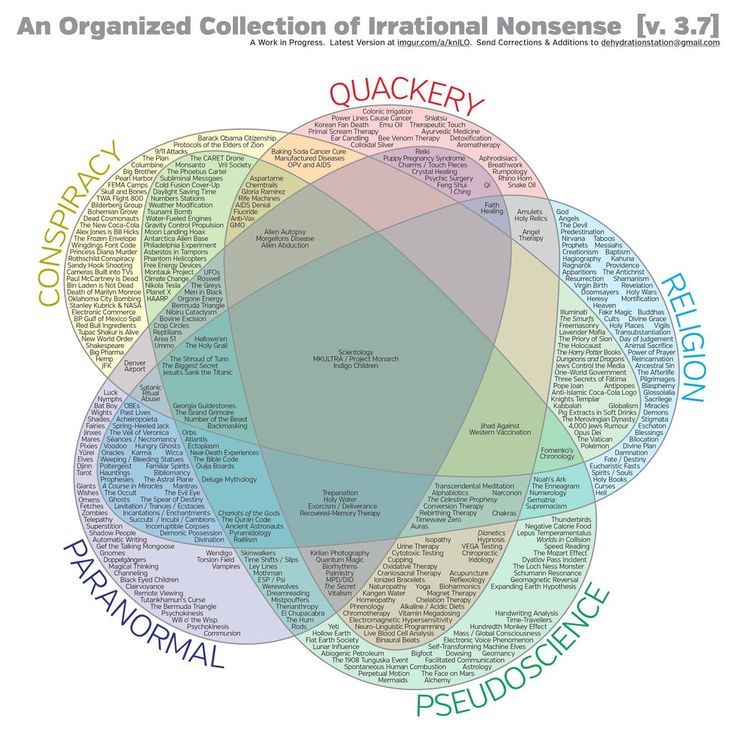
Need: certainty, comfort, justice
Fear: adversity, uncertainty, discomfort
Demands: expect all external conditions to be pleasant and favorable at all times and when they’re not it is awful and unbearable.
Symptoms:
• Unrealistic expectations about life being perfect
• Belief that living a trouble-free life is a birthright
• Lack of belief in your ability cope with adversity
• Complete rejection of all life problems as unacceptable
Emotional Consequences
• Low frustration tolerance
• Self-pity and “poor me” attitude
• Depression, hopelessness
• Discomfort anxiety
Behavioral Consequences
• Procrastination
• Shirking
• Drug and alcohol abuse
• Overindulgence in “feel good” behaviors (e.g., overeating)
REPLACE WITH THIS RATIONAL BELIEF:
It is perfectly natural for life conditions to not be ideal or perfect and it’s okay if situations do not exist the way I would prefer because I am capable of finding solutions to problems and making changes that bring me happiness and opportunity regardless of the situations that happen around me.
False Sub-Belief: Things must go the way I want them to go and I should have control over them.
• Consequence: Anger and frustration when things don’t go the way you want does not help you change the situation. Expecting everything to be exactly as you want it gives away your power to be happy until everything is perfect, which it won’t be, ever.
• Truth: In most situations, outside conditions are almost completely outside of your control. What you do have control over is what happens internally, such as your thoughts and emotions about a situation.
False Sub-Belief: If something is or may be dangerous or unpleasant I should continue to worry about it.
• Consequence: Unnecessary worry causes anxiety and stress and takes away time and energy from productive solutions or other important aspects of life
• Truth: If nothing can be done about the situation, there is no benefit to upset yourself by continuously thinking about it. Worrying does not prevent it from happening.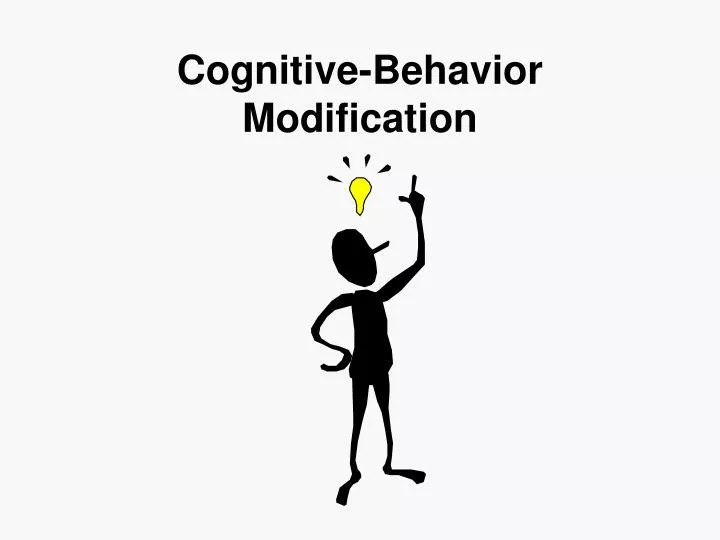 If it’s going to happen anyway, you benefit more from being in a more calm, healthy emotional place between now and then.
If it’s going to happen anyway, you benefit more from being in a more calm, healthy emotional place between now and then.
False Sub-Belief: My unhappiness, sorrow, and disturbance are caused by unpleasant or undesirable situations, and therefore I must avoid these situations.
• Consequence: Preoccupation with controlling situations and people, leading to frustration when faced with the fact that this is not possible. Avoidance of anything that could go wrong, which leads to a very limited life.
• Truth: Your unhappiness and disturbance is caused by judgment of the undesirable situations, not by the situations themselves.
False Sub-Belief: It is easier to avoid, rather than face and deal with, life’s difficulties, challenges and responsibilities.
• Consequence: By avoiding difficulties you avoid the potential positive benefit of facing them, plus in many cases you are only putting off problems that you will need to face later, when they will often be worse.
• Truth: Putting off responsibilities, such as procrastinating, only makes the task harder and more stressful. Almost all worthwhile pursuits, accomplishments, goals, and experiences require some level of challenge or unpleasant activity.
Almost all worthwhile pursuits, accomplishments, goals, and experiences require some level of challenge or unpleasant activity.
False Sub-Belief: I am supposed to just be happy. I do not have control over my emotions.
• Consequence: When you are not happy all the time you will either blame yourself for being unworthy or blame the outside for not meeting your expectations and making you happy.
• Truth: While happiness can spontaneously arise when pleasant situations exist in your life, happiness does not depend on favorable external conditions. It is not the situation itself that causes the emotion, it is the result of the way you think about and judge the stations that happened.
False Sub-Belief: All problems must have a perfect solution and that solution must be found.
• Consequence: Inability to accept the reality of a situation and take action to make improvements because the solution is not perfect. Obsession with making a situation perfect, which often makes it worse.
• Truth: Expecting a solution to be perfect will prevent you from identifying possible options or moving forward with any solution at all.
The question is:
A. Will you spend the rest of your life groveling for approval, hating on others, and being disappointed by life—and blaming all of it for your misery?
B. Or, will you accept that you, others, and life simply are what they are, and only your irrational expectations and rules about it all have the power to make you miserable?
The choice is yours.
…………………………………………………………………………..
GIVE YOUR MONKEY MIND A BANANA!
Learn how to squash your irrational thinking with The Human Mind Owner’s Manual that you never knew existed! Based of 2 of Transformation Academy’s best selling online courses, on CBT and REBT, this book is an interactive guide to the most powerful machine on the planet: your mind! CLICK HERE
And, check out the Free Video Series that accompanies the book HERE on YouTube!
How to replace irrational beliefs with rational ones.
 And for what?
And for what? Know thyself
Thousands of thoughts are constantly running through our heads. Many of them arise without our conscious desire. They are often fragmentary, fleeting and elusive, may or may not be realistic. Of course, it makes no sense to analyze each of them.
Determine the cause
If you notice that your mood is disturbing you, then identify the emotion and ask yourself: “What is it that I am thinking about right now that can cause this emotion?” After analyzing the thoughts that you find, you will most likely be able to deal with the problem. Rational Emotional Behavior Therapy (REBT) considers irrational beliefs to be the main cause of unhealthy emotions, and there are four of them:
- Must
- Global assessment
- Catastrophization
- Frustration intolerance.
1. Demands (“must”)
These are absolutist demands on ourselves, others and the world to meet our desires. “People should always like me if I want it”, “I should succeed”, “I should not suffer”, “men should be able to earn”. The irrationality of the demand lies in the fact that it is impossible to prove that something “should” or “should” be exactly this way and not otherwise. At the same time, the “requirement” is the most common, basic among all beliefs, it is easy to detect it in a person suffering from depression, some kind of anxiety disorder, or one of the forms of addiction. nine0003
“People should always like me if I want it”, “I should succeed”, “I should not suffer”, “men should be able to earn”. The irrationality of the demand lies in the fact that it is impossible to prove that something “should” or “should” be exactly this way and not otherwise. At the same time, the “requirement” is the most common, basic among all beliefs, it is easy to detect it in a person suffering from depression, some kind of anxiety disorder, or one of the forms of addiction. nine0003
2. "Global assessment"
This is the devaluation or idealization of oneself and others as individuals or the world as a whole: "colleague is a moron", "I am a loser", "the world is evil". The mistake is that we believe that complex entities can be reduced to some generalizing characteristics.
3. "Catastrophization" ("horror")
This is the perception of trouble as the worst possible. “It’s terrible if my colleagues don’t like me”, “it’s terrible if they fire me”, “if my son gets a deuce in the exam, it will be a disaster!”.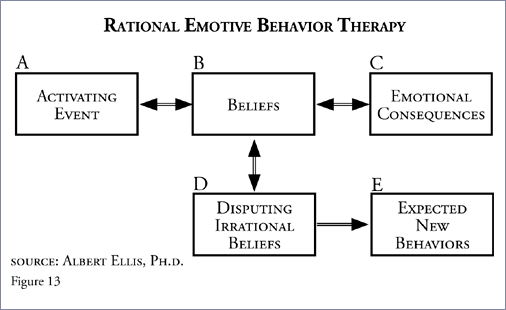 This belief contains an irrational idea of a negative event as something worse, analogous to the end of the world. But there is nothing the most terrible in the world, there is always something even worse. Yes, and in a bad event there are positive sides for us. nine0003
This belief contains an irrational idea of a negative event as something worse, analogous to the end of the world. But there is nothing the most terrible in the world, there is always something even worse. Yes, and in a bad event there are positive sides for us. nine0003
4. "Frustration intolerance"
This is an attitude towards complex things as unbearably complex. “I won’t survive if they fire me,” “if she leaves me, I can’t stand it!”. That is, if an undesirable event occurs or the desired does not happen, then an endless streak of suffering and pain will begin. This belief is irrational because there is no such suffering that would not be weakened or ceased. However, it does not in itself help to solve the problem situation. nine0003
Challenge illogical beliefs
Everyone has illogical, rigid, irrational beliefs. The only question is how quickly we are able to deal with them, translate them into rational ones and not succumb to them. Much of the work that the REBT psychotherapist does is to challenge these ideas.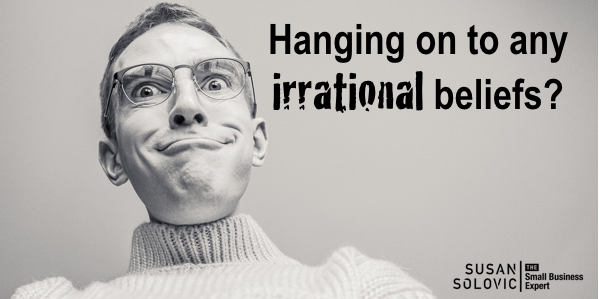
To challenge the “must” means to understand that neither we ourselves, nor other people, nor the world are obliged to conform to our desires. But fortunately, we can try to influence ourselves, others, and the world to make our desires come true. Realizing this, a person can replace the absolutist requirement in the form of “should”, “should”, “must”, “must” with a rational wish “I would like people to like”, “I want to succeed / earn money”. nine0003
To challenge "global assessment" is to understand that no one can be "bad", "good", "loser" or "cool" in general. Everyone has advantages, disadvantages, achievements and failures, the significance and scale of which are subjective and relative.
You can challenge the "catastrophe" of by reminding yourself that although there are many very, very bad phenomena in the world, none of them can be worse.
Challenging "frustration intolerance" , we will come to the idea that there are indeed many complex phenomena in the world, but hardly anything can be called truly unbearable. In this way we weaken irrational beliefs and strengthen rational ones.
In this way we weaken irrational beliefs and strengthen rational ones.
In theory, this seems pretty simple and straightforward. In practice, it is extremely difficult to resist beliefs that have been absorbed from childhood or adolescence - under the influence of parents, school environment and own experience. This work is most effective in cooperation with a psychotherapist. nine0003
But in some cases you can try to question your thoughts and beliefs - reformulate, change - on your own. This is best done in writing, challenging each belief step by step.
1. First identify the emotion that you are currently feeling (anger, jealousy or, say, depression).
2. Determine if she is healthy or not. If unhealthy, then look for irrational beliefs.
3. Then identify the event that triggered it: didn’t receive a message from an important person, they didn’t congratulate him on his birthday, they didn’t invite him to some kind of party, on a date.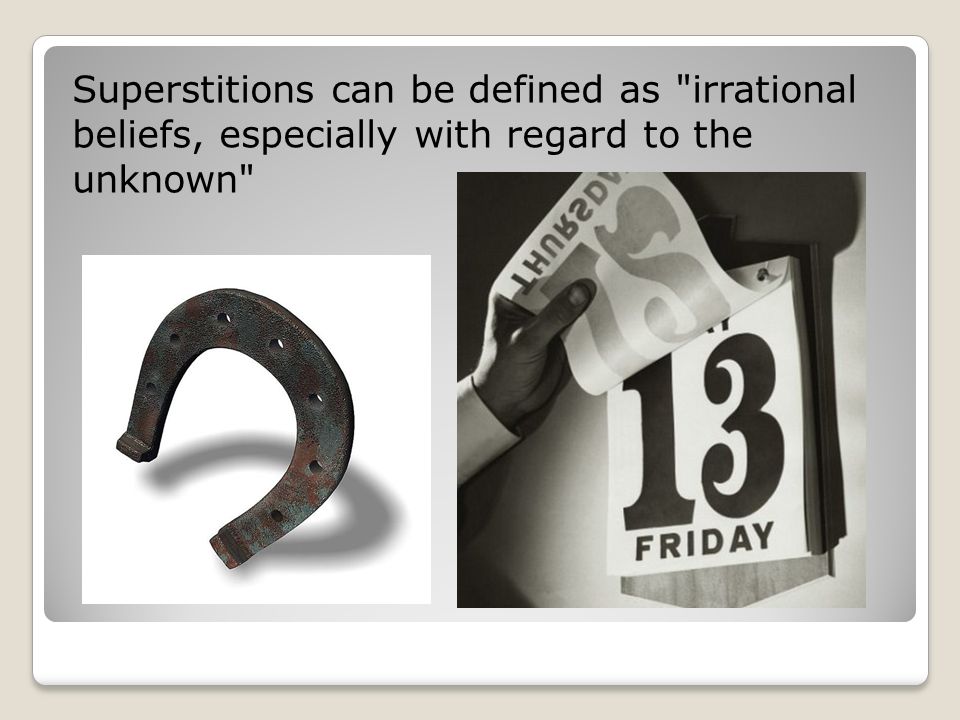 You need to understand that an event is just a trigger. In fact, it is not a specific event that upsets us, but what we think about it, how we interpret it.
You need to understand that an event is just a trigger. In fact, it is not a specific event that upsets us, but what we think about it, how we interpret it.
Accordingly, our task is to change the attitude towards what is happening. And for this - to understand what kind of irrational belief is hidden behind an unhealthy emotion. It may be only one belief (for example, "requirement"), or it may be several. nine0003
4. Enter into a Socratic dialogue with yourself. Its essence is to ask questions and try to answer them honestly. This is a skill that we all have, it just needs to be developed.
The first type of questions is empirical. Ask yourself the following questions in sequence: Why did I decide that this is so? What evidence is there for this? Where does it say that I was supposed to be invited to this birthday party? What facts prove this? And it soon turns out that there is no such rule - the person who did not call simply forgot, or was shy, or thought that this company is not very interesting to you - there can be many different reasons.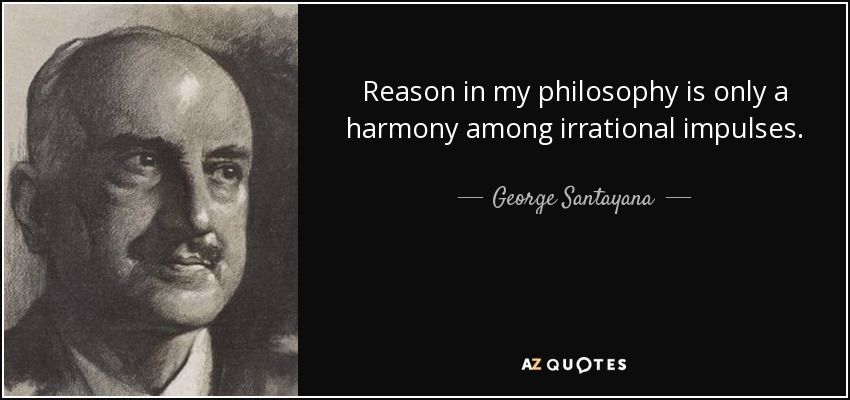 A rational conclusion might be: “I don’t like not being invited, but it happens. They shouldn't have done this." nine0003
A rational conclusion might be: “I don’t like not being invited, but it happens. They shouldn't have done this." nine0003
The second type of argumentation is pragmatic, functional. And what good does this conviction do me? How does the belief that I should be invited to my birthday help me? And it usually turns out that this does not help in any way. On the contrary, it's frustrating. A rational conclusion may be: “I want to be called for my birthday, but I understand that they may not call me, no one is obliged.”
Such a wording (“I want”) motivates to take some steps, look for resources and opportunities to achieve the goal. It is important to remember that by giving up absolutist shoulds, we do not give up the idea that we don't like something. On the contrary, we understand our dissatisfaction with the situation even better. But at the same time, we are aware that it is what it is, and we really want to change it. nine0003
The rational “I really want to, but I don’t have to” is more effective than the irrational “must” in solving problems and achieving goals.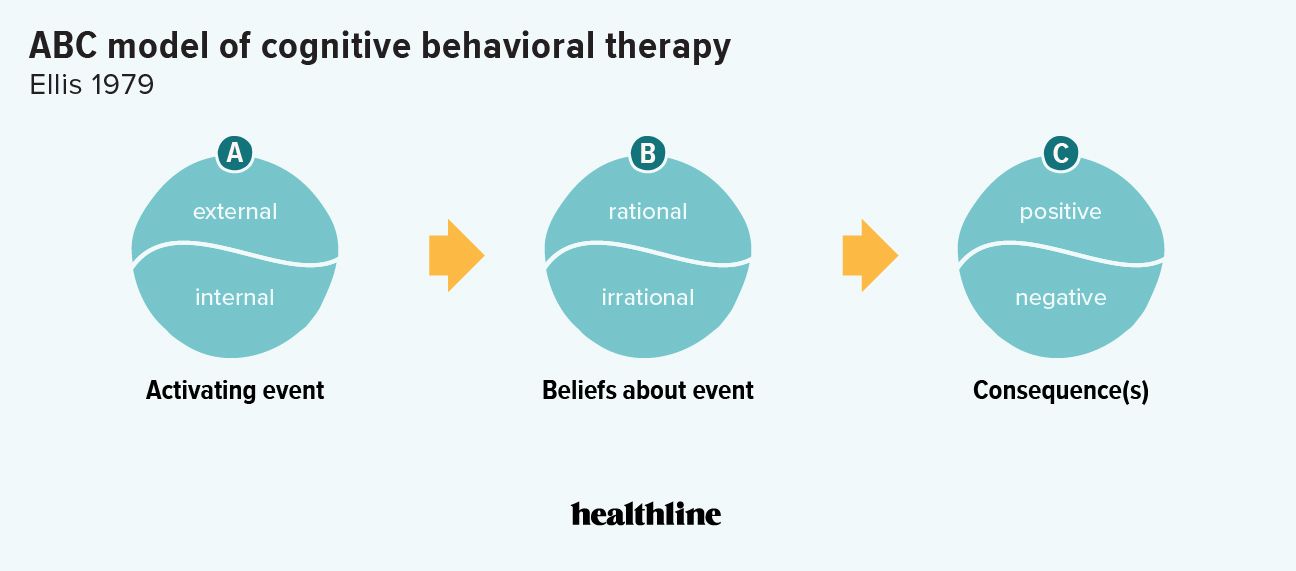 In a dialogue with yourself, it is good to use metaphors, images, examples from films and books that reflect your conviction and somehow refute it. For example, find a film where the hero was not loved, betrayed, condemned, and see how he coped with this situation. This work is different for each person.
In a dialogue with yourself, it is good to use metaphors, images, examples from films and books that reflect your conviction and somehow refute it. For example, find a film where the hero was not loved, betrayed, condemned, and see how he coped with this situation. This work is different for each person.
Its complexity depends on the strength of beliefs and their age, on receptivity, mentality and even the level of education. It is not always possible to immediately find exactly the belief that needs to be challenged. Or to pick up enough weighty arguments "against". But if you devote a few days to introspection, at least 30 minutes daily, then the irrational belief can be identified and weakened. And you will feel the result immediately - it is a feeling of lightness, inner freedom and harmony. nine0003
About the author
Dmitry Frolov — psychiatrist, psychotherapist, chairman of the REBT section of the Association of Cognitive Behavioral Therapists, author of the book “Psychotherapy and what does it eat with?” (AST, 2019).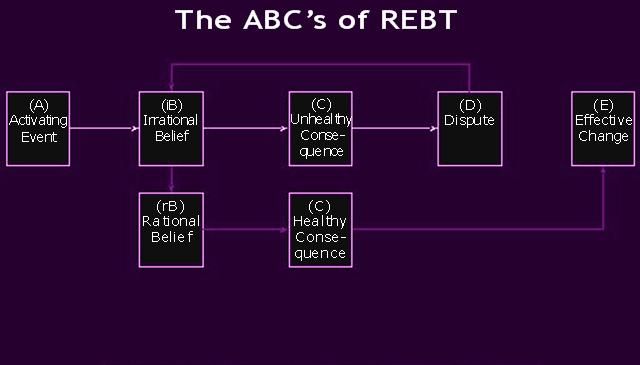
Text: Alla Anufrieva Photo source: Getty Images
New on the site ex-husband, mired in debt. How to grow in income? nine0003
"But I like it!": top things that society does not accept, but the elite love
Pharmaco- and psychotherapy: is it possible to change the personality - unusual findings of scientists
How to "correct" a spoiled child: 9 steps
The holidays have come to the end: the main mistake of the first working week - check yourself
Involuntary abstinence: who are incels and what is wrong with their psyche
Rational and irrational judgments | Elitarium
A rational life includes such thinking, feeling and behavior that contribute to the achievement of the chosen goals. In turn, irrationality implies thinking, feelings and behavior that impede the achievement of goals. A rational life involves maintaining a reasonable balance. Irrational beliefs lead to problems. What to do with irrational judgments? They should be replaced by rational ones and an effective philosophy of life should be developed.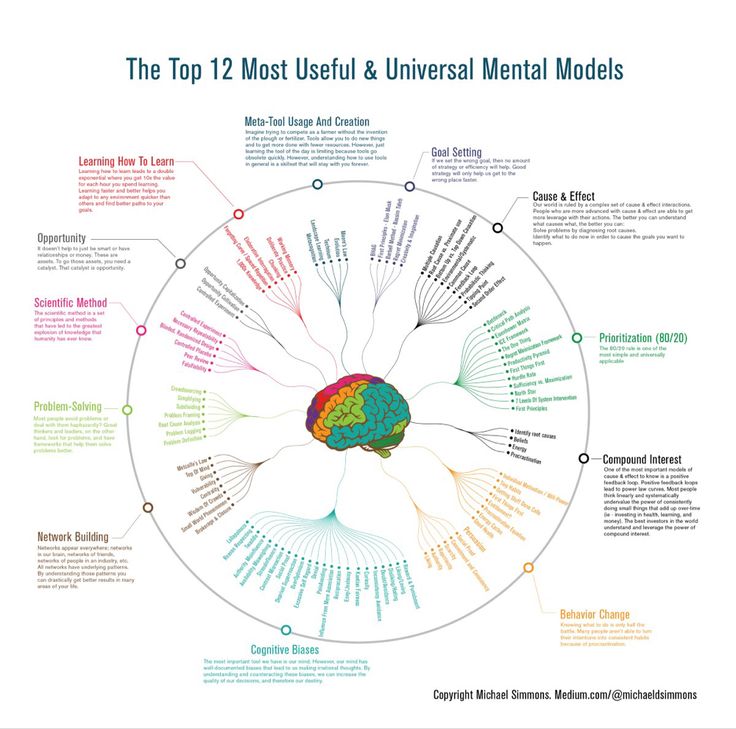
Author:
Alexander Nikolaevich Tapasov, Doctor of Psychology, Deputy Head of the Department of Sociology and Psychology of Management, State University of Management.
American psychotherapist Albert Ellis developed the concept of Rational Emotive Therapy (RET), the goal of which is to change the internal beliefs that cause emotional problems. Its essence is as follows.
Virtually all people have
the three fundamental goals of are to survive, to be relatively free from pain, and to be reasonably satisfied or satisfied. In addition, they are guided by primary goals - they want to be happy:
- on their own;
- in communication with other people;
- intimately, with select other people;
- in the field of information and education;
- professional and economical;
- in the leisure and entertainment industry. nine0012
Rational life includes such thinking, feeling and behavior that contribute to the achievement of the chosen goals.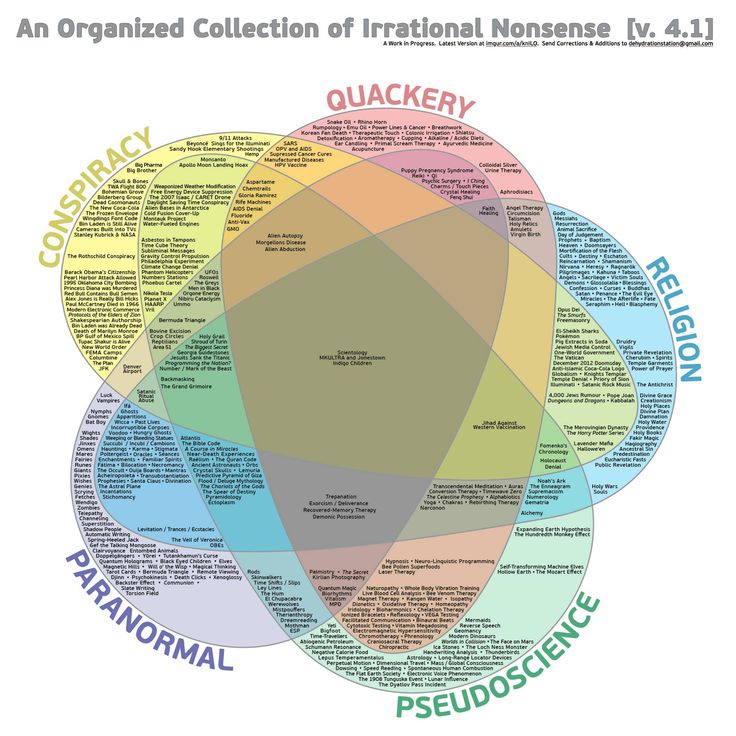 In turn, irrationality implies thinking, feelings and behavior that impede the achievement of goals. Rational living involves maintaining a reasonable balance between the pleasures of the "here and now" and the pleasures of longer duration, obtained through discipline in the present.
In turn, irrationality implies thinking, feelings and behavior that impede the achievement of goals. Rational living involves maintaining a reasonable balance between the pleasures of the "here and now" and the pleasures of longer duration, obtained through discipline in the present.
Irrational beliefs lead to emotional problems. The most important of these are the beliefs that a person needs approval and love from outside
everyone with whom he has to reckon with in one way or another , and the belief that a person who has taken place as a person must always behave
adequately, be competent with everyone , and also be able to always achieve a solution the tasks ahead of him.
These beliefs have a devastating effect on the individual because they lead to emotional distress whenever their owner is denied approval and love, or when he fails in any undertaking. But after all, such cases are absolutely inevitable and completely common, so adherence to an irrational belief system is a guarantee of endless disappointments.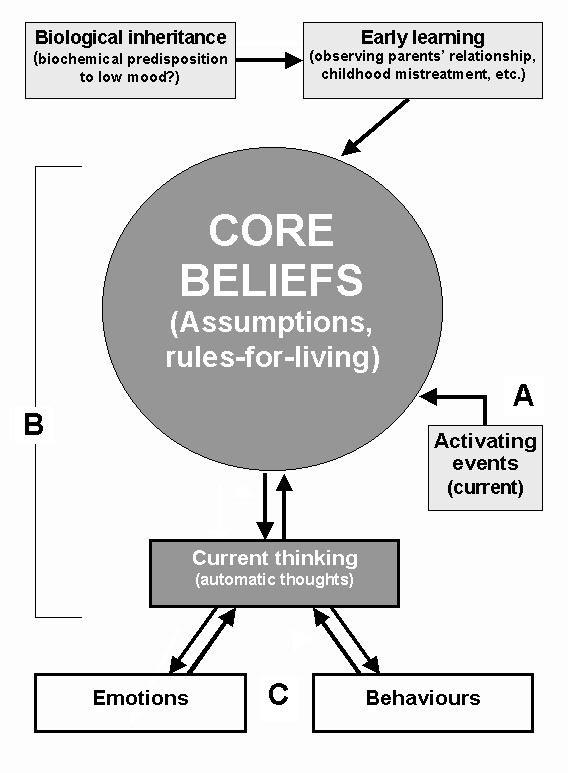 nine0003
nine0003
Rational and irrational judgments can be defined in several ways.
Signs of rational judgment:
-
Truth and confirmation by experience . For example: All objects that are not supported by anything fall down.
-
Relativity . For example: A grade of four on a five-point scale on an exam will be considered excellent by someone, and satisfactory by someone. Although the four itself is only a number, and only our judgments about it lead to the fact that we are either sad or happy. nine0003
-
Moderation , that is, the judgment does not cause strong emotions.
-
Efficiency (helps achieve the goal).
Signs of an irrational judgment:
-
Untrue . For example: “I won’t survive if I don’t pass the exam.”
-
Categorical . For example: “I should…”, “I should…”, “The world should…”.
-
Association with strong emotional manifestations : violent tears or laughter, violent anger, etc.
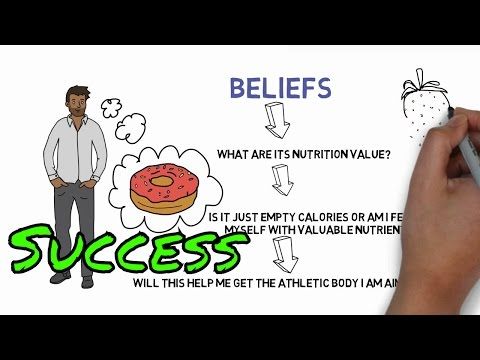
-
Inefficiency (does not help achieve the goal).
In other words, irrational judgments:
- Develop to catastrophic proportions, for example: "I won't survive..."
- Include an element of obligation: "I must", "I must", "I must".
- Include an evaluation element: good - bad; right wrong.
A. Ellis presented the connection between our thinking, emotions and behavior as follows:
- First, thinking and emotions are connected.
- Secondly, they are so closely related that they usually accompany each other, operating in a cycle of cause and effect relationships, so that thinking becomes emotion and emotion becomes thought.
- Third, both thinking and emotions tend to take the form of self-talk or internal sentences spoken by people to themselves, which in turn are or become their thoughts and emotions.
In addition,
thinking and emotions are associated with behavior . The scheme of this relationship is as follows:
The scheme of this relationship is as follows:
A - C - P,
where A is an activating event, that is, information received from the outside world; C - judgment, that is, the interpretation of the information received and its assessment; P - consequences, that is, a reaction to "A", expressed through emotions and behavior.
It is important to note that the information received from the outside world does not in itself determine our response, expressed through emotions and behavior. Feelings and behavior are influenced by
only our judgment regarding this information.
Consider the following situation as an example.
The person is faced with an activating event "A" such as the loss of approval for their actions. If on this occasion he has the following belief "C": "I prefer to be approved, but this is not necessary," then he perceives this event as a frivolous insult. However, having the conviction: “I must be approved, otherwise I am worthless”, he will perceive the event “A” that occurred as a ruthless deliberate insult.
In this case, his behavior "P" may be as follows: the person will feel oppressed and, quite possibly, begin to avoid those who do not approve of his actions. nine0003
Judgments that contribute to the manifestation of inappropriate behavior, or non-constructive emotions, are associated with such criteria for evaluating events as "this is bad"; “I must, I must”, “I must, I must”; "it's terrible, I'm worthless"; "I'm stupid," etc. Often, such judgments contribute to mental imbalance, which is the result of following the attitude "I must succeed and gain approval from everyone for my actions." Usually people with this attitude think of themselves as inferior and unworthy persons and feel that way when they do not perform as well as they think they should act. nine0003
A. Ellis regards this quality as excessive pretentiousness, the desire to be god-like, since people who make high demands on themselves want to be special, perfect, outstanding - in general, superhuman. Then they move on to irrational beliefs (one or two at once): "Others should be attentive and kind to me", "The conditions in which I live should be such that I get virtually everything I want, and quickly and easily ".
Fear-mongering and "sickness" which can be called "I can't stand it" are derivatives of such attitudes. Basically, when mentally disturbed, people insist in this way: “My life should be easy, I should be a perfect person, living conditions should always be favorable for me, and people should always conform to my views and please me, me, me, me! » nine0003
What to do with irrational judgments? They should be replaced by rational ones and an effective philosophy of life should be developed. In this case, the formula takes a slightly different form:
A - C - P - D - E,
where D - discussion, dispute, leading to the replacement of an irrational judgment with a rational, true one; E is an effective philosophy of life.
Consider common irrational judgments.
-
I should be loved and supported by those who care about me, and if not, then it's terrible . (The fallacy of this statement has been discussed in detail above.
 )
) -
When people act dishonestly and badly, they are disgusting individuals . (Here we transfer the assessment of the act to the personality, as a result we spoil relations with people, instead of discussing the problem that has arisen, talking specifically about it, and not about the qualities of a person’s personality.)
-
It's terrible when things don't go the way I would like . (We are talking about a person’s rejection of a life situation that has happened to him, about the desire to immediately enjoy, about intolerance to the delay in achieving the desired result.)
-
I should be careful to avoid vague situations in relationships . (The judgment is based on the fear of learning new things, personal changes and the discomfort associated with this.)
-
I'm worthless if I don't always succeed when I want to, or if I'm not always competent . (The basis is the belief: “I must be perfect”, “I must be in complete control of the situation”, which, of course, is impossible and leads to increased anxiety, the emergence of neurosis in a person.
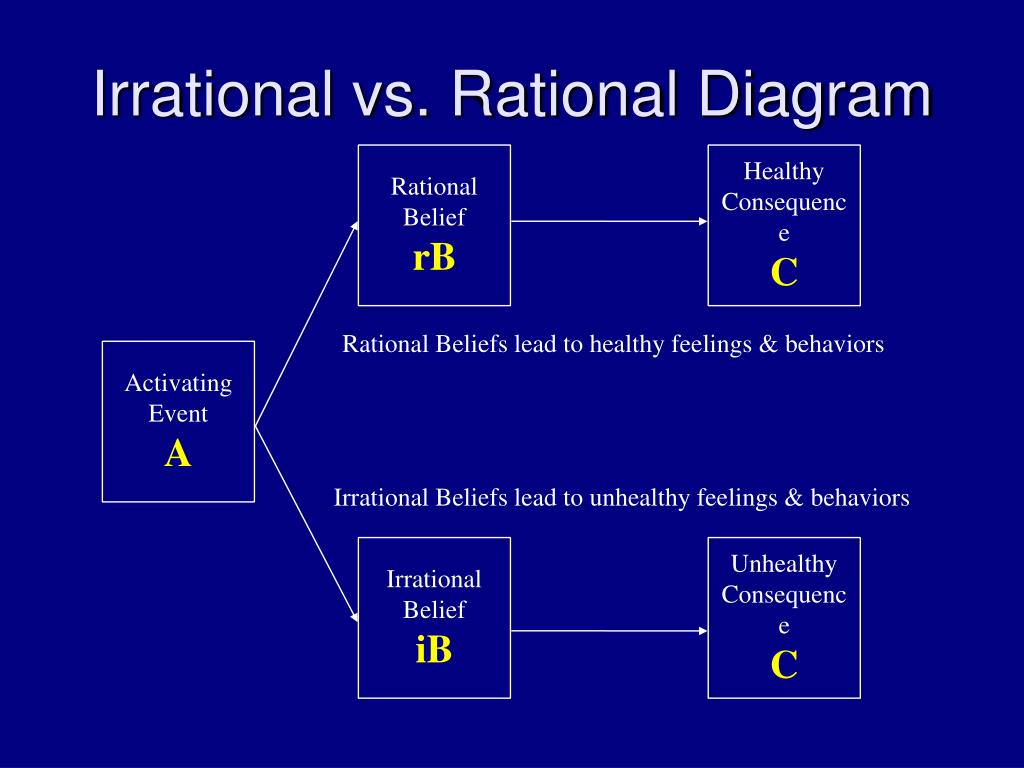 )
) -
The world must be fair and just . (Claims to the world are usually accompanied by resentment or aggression, which have a destructive effect on the person himself. It is necessary to learn to accept the situations that have arisen as potential lessons and draw conclusions by changing internally.)
-
I should not have discomfort and pain . (This judgment has already been analyzed by us.)
-
I need someone stronger than me to rely on . (It is based on unwillingness to take responsibility for one's own life, lack of independence.)
-
The past is the cause of my problems today . (Since there is a problem today, it means that the cause must be sought in the present and ways and opportunities to solve it must be found).
Thus, the situation in which we find ourselves is evaluated exclusively by us. The presence of a problem in a person means that his outlook on life is irrational and he needs to discover his irrational judgment and process it into a rational one, that is, find an alternative and adopt a new philosophy of life.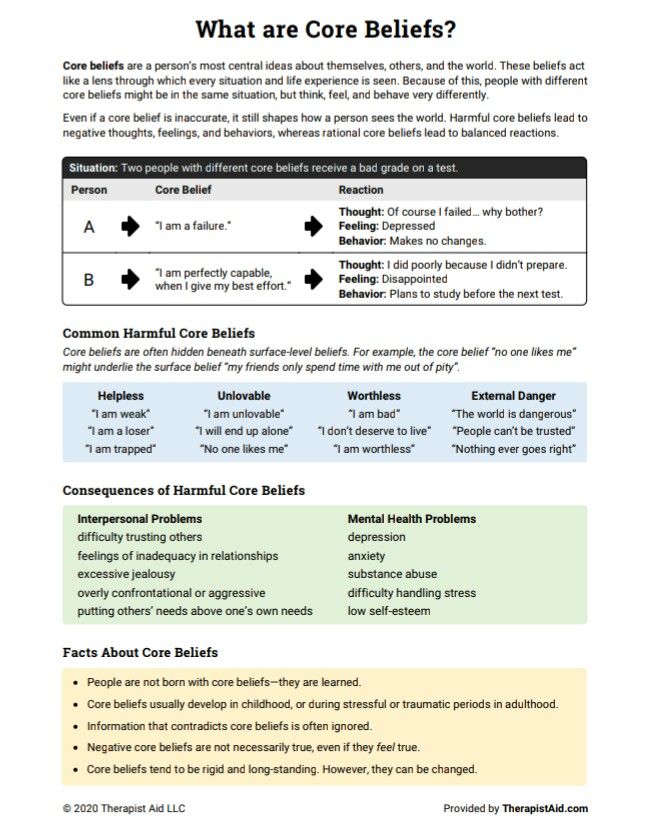 Moreover, the change of one judgment to another implies a deep study of the problem, its understanding, the ability to understand it, and does not come down to ignoring it, throwing it out of your head. nine0003
Moreover, the change of one judgment to another implies a deep study of the problem, its understanding, the ability to understand it, and does not come down to ignoring it, throwing it out of your head. nine0003
As
A. M. Parishioners (2001) shows, people who have a negative attitude towards life, leading them to self-doubt, often hold the following views:
- and small ones).
- If success suddenly falls on you, do everything not to notice it, or, if this is completely impossible, convince yourself and everyone around that this, of course, is by accident, by mistake, and soon everything will end. nine0012
- Be consistent and principled in everything. Never, ever change your mind and never deviate from your principles.
- Choose one of the two - either follow other people's advice, or go ahead as you have to. Most importantly, pay no attention to what is really happening.
- Do your best to avoid opportunities to test yourself, your abilities.
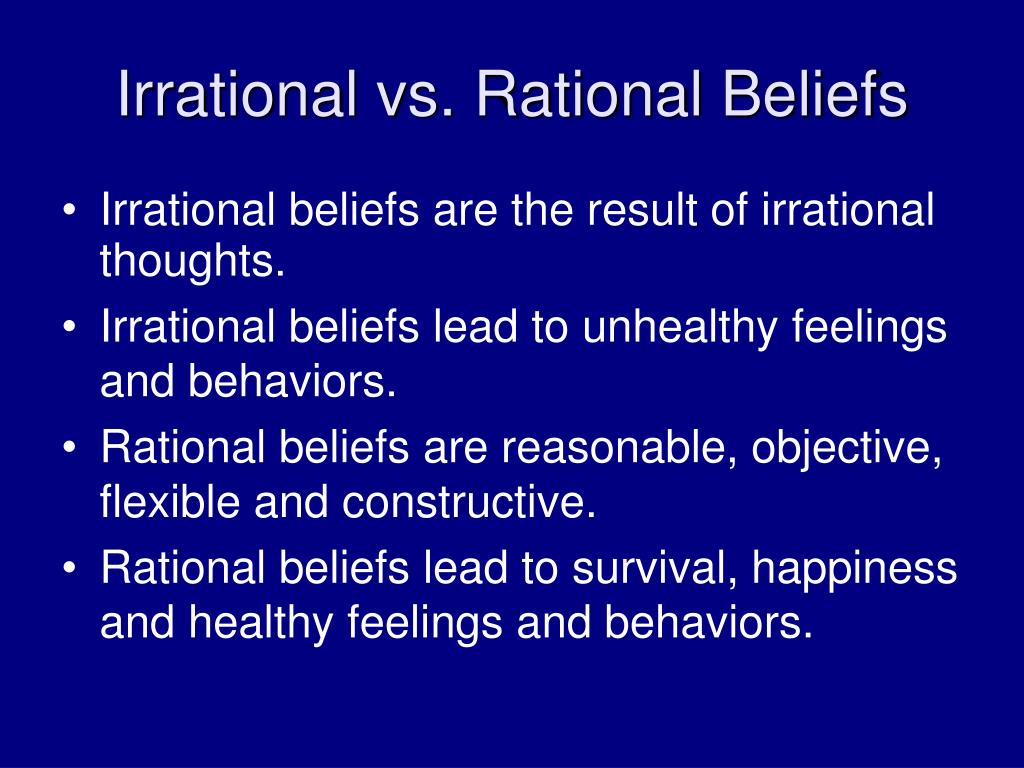 Avoid difficult situations.
Avoid difficult situations. - Collect your troubles and troubles with passion. Holly and cherish each, do not forget about one. Treat each one as if it were your own personal treasure. nine0012
- Do more self-justification. Remember, finding self-justification and someone to blame is one of the main intellectual pursuits of a true loser. In all cases, ask the question "Who is to blame?" and never - "What to do?".
- Take everything as seriously as possible. Do not allow yourself a frivolous view of things.
- Consider every failure as a final defeat that will have a decisive influence on your entire future life.
- Avoid loving yourself. nine0012
It is noted that the positive and negative mood of thoughts, positive and negative attitude to life acts as a kind of magnet, attracting positive or negative events to their owner.
Homework
- Over the next week, consider everything that happens to you as if all events require you to
choice or conscious decision about the most successful behavioral strategy.
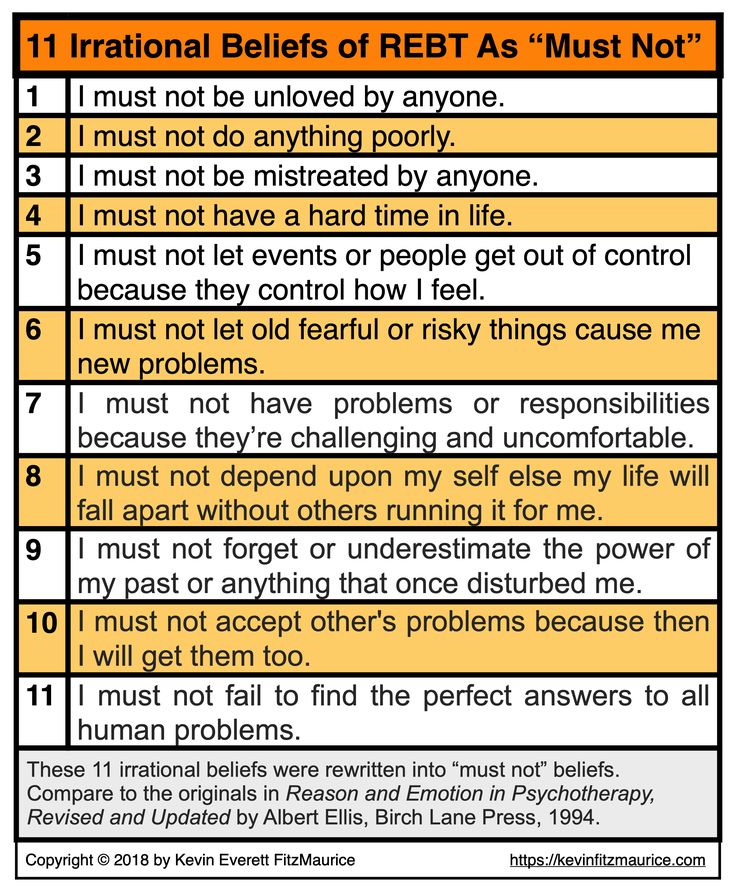 So, before you do anything, ask yourself, "Do I really want to do this now, or do I want to do something else?" Only by answering this question, make a decision. Thus, you will save time and perform more necessary actions for yourself. In the evening before going to bed, analyze the effectiveness of such a strategy, based on your impressions. nine0003
So, before you do anything, ask yourself, "Do I really want to do this now, or do I want to do something else?" Only by answering this question, make a decision. Thus, you will save time and perform more necessary actions for yourself. In the evening before going to bed, analyze the effectiveness of such a strategy, based on your impressions. nine0003 - As long as possible
live with a positive attitude to life , that is, with feelings of confidence, activity, optimism. A variety of exercises can help you with this. For example, you can look in the mirror, wink at yourself, and either smile and say a statement that makes you feel confident, such as: “I can!”, “I am able to achieve what I want!”, “I am a winner!” , "My life belongs to me!", "I like the world and the people around!" - any formula that you find for yourself and that will most help you maintain faith in yourself. nine0003
- Act with a smile on your lips, but inside -
feeling of own strength and possibilities .
